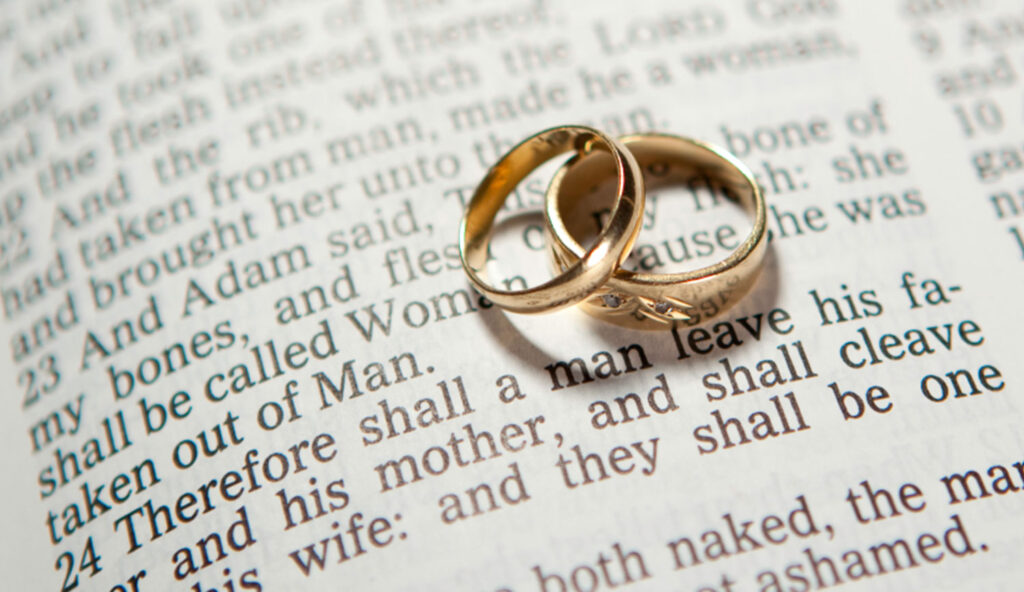The Supreme Court’s Obergefell v. Hodges decision required all states to change the definition of marriage to include unions between two people of the same sex. The 5-4 majority held that the U.S. Constitution requires such a definition of marriage, even though the Constitution does not address the issue and historical tradition is firmly against such a change.
At the time of the decision, voters in 31 states had chosen to affirm the definition of marriage as the union of one man and one woman. Each of those states had to essentially amend their laws to change this definition after Obergefell v. Hodges was decided.
Since then, the decision has contributed to hostility toward people who hold to the belief that marriage is between one man and one woman. Many states have subsequently passed laws targeting people who hold this belief, and business owners in various states are facing fines and even jail time if they refuse to express support for same-sex marriage.






Commentary
The Supreme Court’s gay-marriage ruling is a huge blow to democracy – The Washington Post
Kellie Fiedorek
June 29, 2015
Marriage no longer matters…and that’s why it matters
James Gottry
June 29, 2015
Millennials Have The Opportunity To Help Restore Marriage
Alison Howard
June 29, 2015
What Your Church Needs to Know—and Do—About the Court’s Marriage Ruling
Erik Stanley
June 26, 2015
Supreme Court disavows truth about marriage, pits faith against law
Doug Wardlow
June 26, 2015
Why Supreme Court got it wrong
Ken Connelly
June 26, 2015
Supreme Court’s marriage decision disrespects Americans’ freedom to affirm time-tested truths
Austin Nimocks
June 26, 2015
SCOTUS decision may leave children asking‘So this is what daddies do?’
Caleb Dalton
June 26, 2015
With 5-4 gay marriage decision, battle far from over
Jim Campbell
June 26, 2015